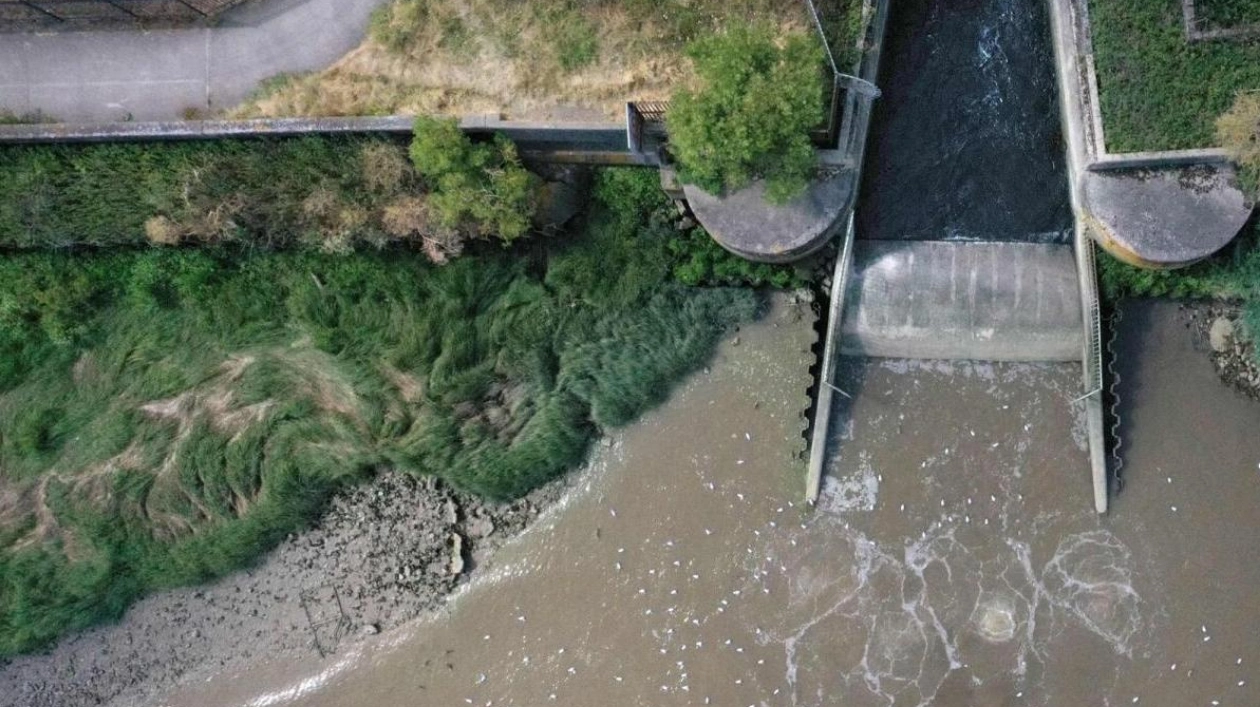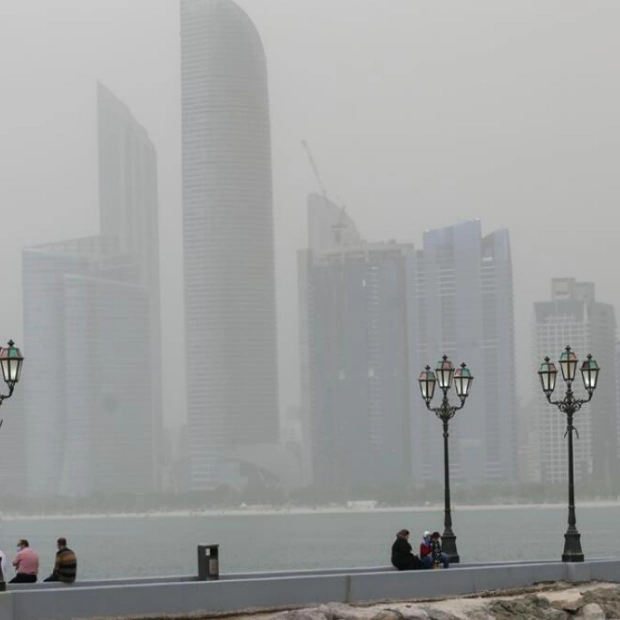Britain is set to unveil new legislation on Thursday aimed at curbing water companies' practice of discharging sewage into rivers and seas by imposing stricter penalties, including potential imprisonment for company executives, and granting additional powers to the regulatory authority. The frequency of sewage spills in the UK reached an all-time high in 2023, intensifying public outrage over the deteriorating condition of the nation's waterways and the private entities responsible for the pollution, such as Thames Water, the largest supplier in the country.
The government, which came into power in July, had pledged to compel the industry to enhance its practices, for instance, by allowing the water regulator to prohibit bonuses for company leaders. 'This bill represents a significant stride in our broader reform to rectify the malfunctioning water system,' stated Environment Minister Steve Reed in a press release. 'Under this administration, water industry executives will no longer enrich themselves while contributing to this environmental degradation.'
Criticism has mounted over the fact that water company executives continue to receive bonuses despite the escalating issue of sewage pollution. For example, Thames Water's CEO, Chris Weston, was awarded a £195,000 bonus for just three months of work earlier this year. The minister is expected to elaborate on his plans for Britain's water sector in a speech on Thursday, which will include proposals for upgrading sewage infrastructure, a measure that companies argue is necessary due to population growth and climate change.
The extent of investment required to bolster this infrastructure and the proportion of that investment that should be borne by increased consumer bills remains a point of contention between the water regulator, Ofwat, and the suppliers. Under the proposed new law, the Environment Agency will have greater latitude to pursue criminal charges against executives, along with imposing severe and automatic fines for violations. Additionally, water companies will be mandated to implement independent oversight of each sewage outlet and must publish annual plans detailing their efforts to reduce pollution.






